We are actively promoting the idea of studying in Germany to Indian students, says German Ambassador Dr Ackermann
Dr Philipp Ackermann feels that there are a lot of exciting opportunities in the area of STEM research being offered in his country for Indians
 German Ambassador to India, Dr Philipp Ackermann / Courtesy: ishani Dasgupta
German Ambassador to India, Dr Philipp Ackermann / Courtesy: ishani Dasgupta
Is Germany the new US? The German Ambassador to India, Dr. Philipp Ackermann, feels that there are a lot of exciting opportunities in the area of STEM research being offered in his country that Indians should definitely consider when planning to move abroad. In an interview with Ishani Duttagupta, he spoke on a range of issues, including the lower cost of education in Germany compared with many other countries and the generous post-study visa offered to international students to look for jobs. Edited excerpts from the interview.
Germany has emerged as a very important overseas education destination for Indian students, especially those in the science, technology, engineering, and math (STEM) fields, with some other countries introducing strict rules for international students. Is your government taking steps to attract more Indian students?
The driving force attracting students to Germany is a world-class education in all subjects, including STEM. Our technical universities are very good, and they’re free. That’s what makes us different from Canada, the US, the UK, and Australia. In Germany, higher education is considered a public service, and the same rule applies to non-European students as well. International students will, however, need to cover their cost of living in Germany, but even that, I would argue, is cheaper than in other countries in the Anglophone world.
The experience that we have had with Indian students is that they are very ambitious and extremely hardworking and dedicated, and there is a clear inclination by German universities to accept applications from Indian students. I have spoken with many presidents of German universities, and the experiences they have had with Indians are very good.
Which are the areas in which you are trying to attract Indian students?
Germany has world-leading research institutions at universities, and we are very focused on research and development. There are a lot of Indians working in Germany already, but we are eager to attract the brightest and best to research-based professions. That is one of the reasons why we are actively promoting the idea of coming to study in Germany to Indian students. We are also raising awareness among Indian students about public and private universities in Germany. With public universities, students can be sure that they are really good. In many cases, students can work in industries alongside their studies. Then there are the more academic and higher research-oriented universities. On the other hand, while some private universities are also good, some others have a dubious reputation.
Another advantage is that most of the master's courses are taught in English. We are encouraging Indian students to come to Germany and feel that they are worth investing in because many of them, especially engineers and those with IT skills, are interested in the German labor market. After they graduate, Indian students have 18 months to look for a job in Germany. For those graduating in STEM fields, I think it is not a problem to find a job at all. Once you graduate, you have 18 months to look for a job. That’s very generous; most other countries offer a very limited time. In Germany, you can graduate, and then you can really start looking for a job. And you have a year and a half, but if you don’t find a job in a year and a half, your residency will not be renewed. On the other hand, if you find a job, then it’s easy to get residency.
Experts feel that Indian students going to study in Germany, especially those who plan to work in Germany after their courses, should learn the German language for better integration. Do you have any advice for students on this?
My advice is very clear: go and learn some German before you go to Germany, and if that’s not possible, learn it during your course. Every university in Germany is offering classes in German for free, but that could become an additional burden during a tough and very structured course of study in Germany. But for your life and future professional career in Germany, you need to know some German. I will give you one good example. When you study in Berlin, for example, you’ll find parts of the city that are completely Anglophone and very international. Indians might even wonder, "Why should I learn German? You can go shopping, to a café, and to the movies—it’s all in English." But once you have a job outside Berlin, in the countryside, where there are many fantastic small and medium-sized enterprises that are basically hidden champions for their products, English doesn’t help. So, I would say learn some German when you start your studies.
Can you share some numbers of Indian students currently studying in Germany?
We now have 60,000 Indian students, and the number is going up by around 20 percent per year. In 2025, we have seen an increase in applications at our universities, and that has clearly to do with the US and Canada putting caps on the number of international students. Students are looking towards new shores, and Germany is certainly one of them. We don’t have a quota for international students, and the system is that if universities accept an Indian applicant, then they get a visa. It is a merit-based and individual application-based system, and there is an inclination to be very positive towards Indian applicants. But that does not mean that every application is accepted. While around 70 percent of Indian students go to Germany for master's courses, some are also going for bachelor's courses even though there is very little possibility of studying them in English. The German system offers a year of language and orientation programs that international students have to take before channeling into an undergraduate program.
How much time does the student visa processing take?
The student visa is a national long-term visa, and it cannot be processed as quickly as a Schengen visa. We need around two to three months to process it. Every student has to be assessed and vetted by the academic evaluation center because we have had a lot of fraudulent applications in the past, which we want to reduce. After the students have their evaluation certificate, they can proceed immediately for their visa. I know that for some Indian students that is a long time, and they want to join a German university as soon as they graduate in India. But they need to understand that the student visa takes some time to process, and some universities in Germany are still willing to accept them if they join a few weeks late.
Besides post-study work opportunities for students, are you also looking at attracting Indian professionals in highly skilled jobs to work in Germany?
Yes, we are looking at that big time. Graduation or studying in Germany is not the only way to come to Germany. We have a very sophisticated immigration law. There is the Blue Card, a European program that gives highly qualified non-EU citizens who have a job in Germany an employment contract visa. We also have the Opportunity Card (Chancenkarte), a Canada-like system, which is a visa for non-EU citizens to come to Germany for up to one year to seek qualified employment, without a prior job offer, if they fulfill certain criteria. But I would strongly recommend that those planning to apply for the Opportunity Card start looking for a job before they go to Germany, and they may already have two or three offers before they go. So, I think we have a good range of possibilities for skilled Indians who want to go to Germany and work there.
Do you see the number of Indian professionals and academics growing in Germany?
For those Indians who feel that America is not the place they want to be anymore, for whatever reason, we would say, look at Germany, look at what we offer. And there are a lot of possibilities in the area of research and development and also in other fields. When you feel that your research is not secure in some countries, then Germany might be a good option to look at. Of course, it depends on the individual case. We have launched a new and interesting program for researchers called the Global Minds Initiative to attract international researchers. We feel that Indians should look at what this program has to offer. The program is being run by the German Academic Exchange Service (DAAD), which has a very big office in India, the Humboldt Foundation, and the German Research Foundation (DFG).
The President of DAAD is Professor Joybrato Mukherjee, who is of Indian origin. He is a professor who has lived in Germany for a very long time and is a brand ambassador for the Indian diaspora. There are three lakh people of Indian origin in Germany; not a very big number but certainly growing. This group of 300,000 people earn much more than the average income in Germany and are contributing significantly.
ADVERTISEMENT
ADVERTISEMENT
E Paper
Video



1747754650.png) Ishani Duttagupta
Ishani Duttagupta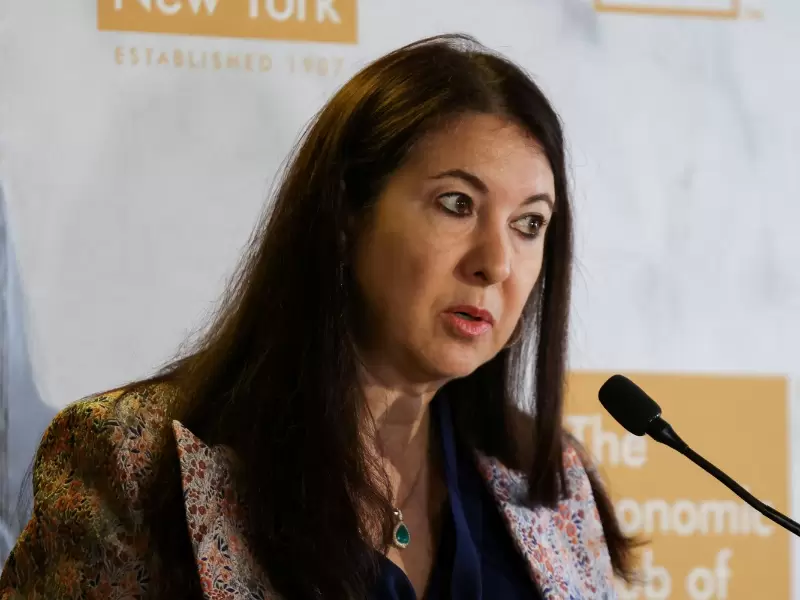


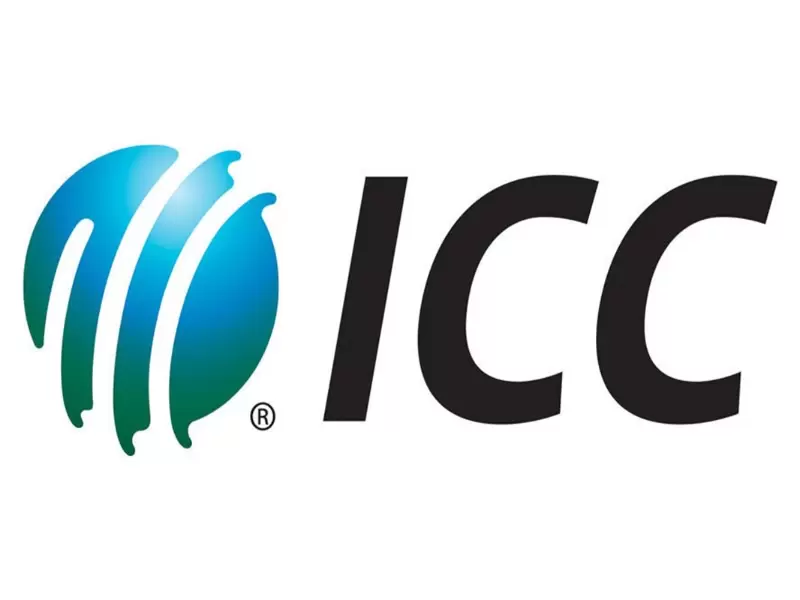
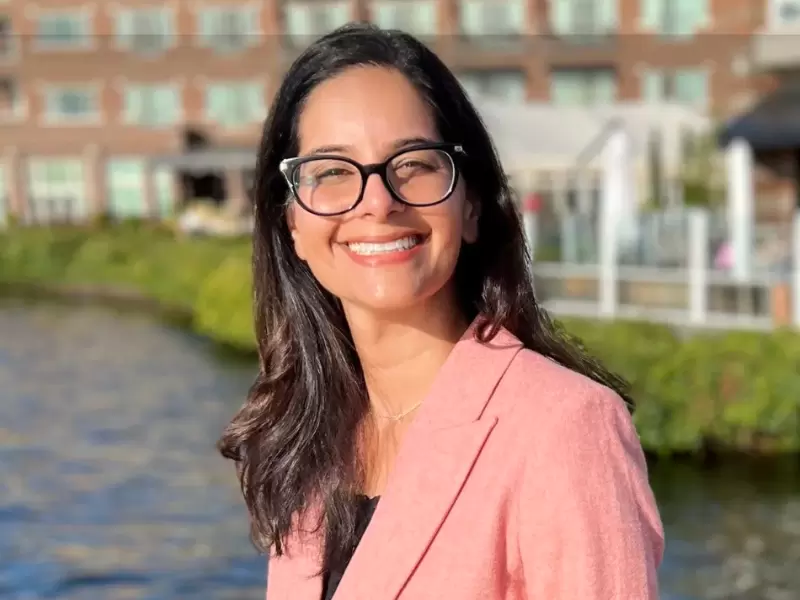




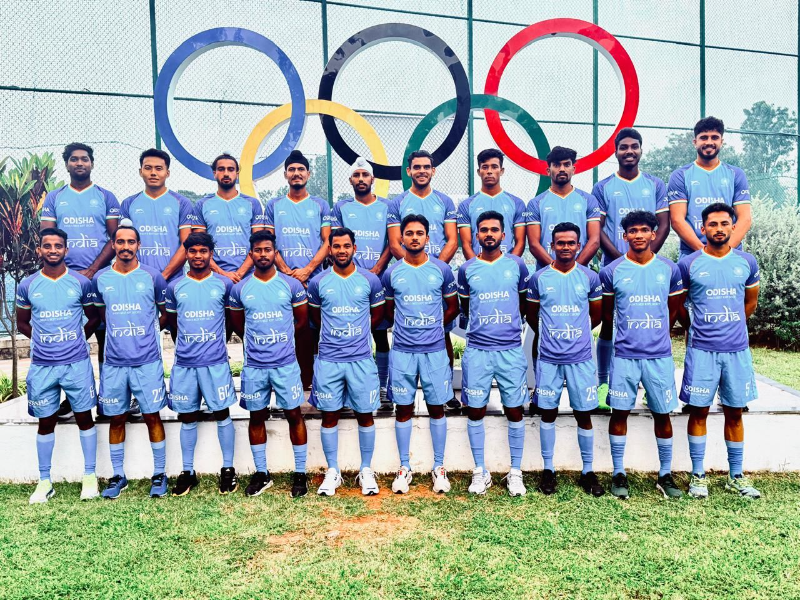
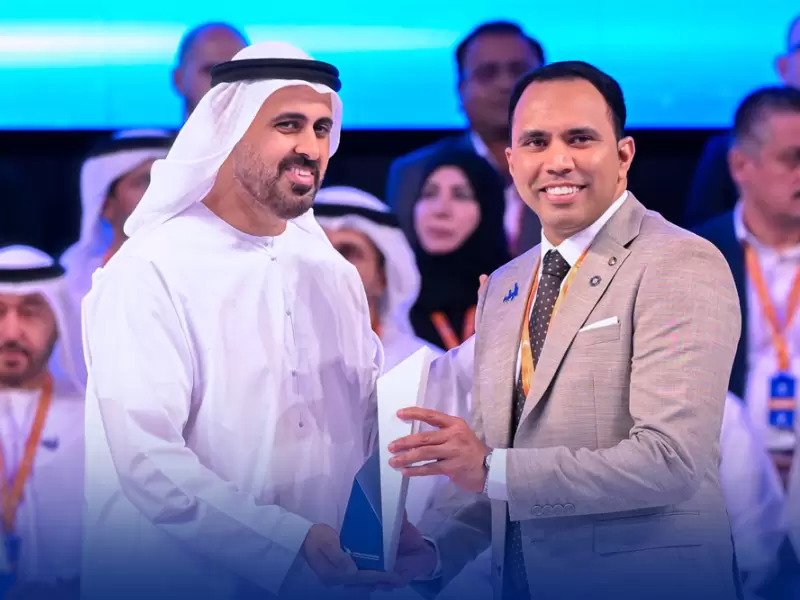

Comments
Start the conversation
Become a member of New India Abroad to start commenting.
Sign Up Now
Already have an account? Login